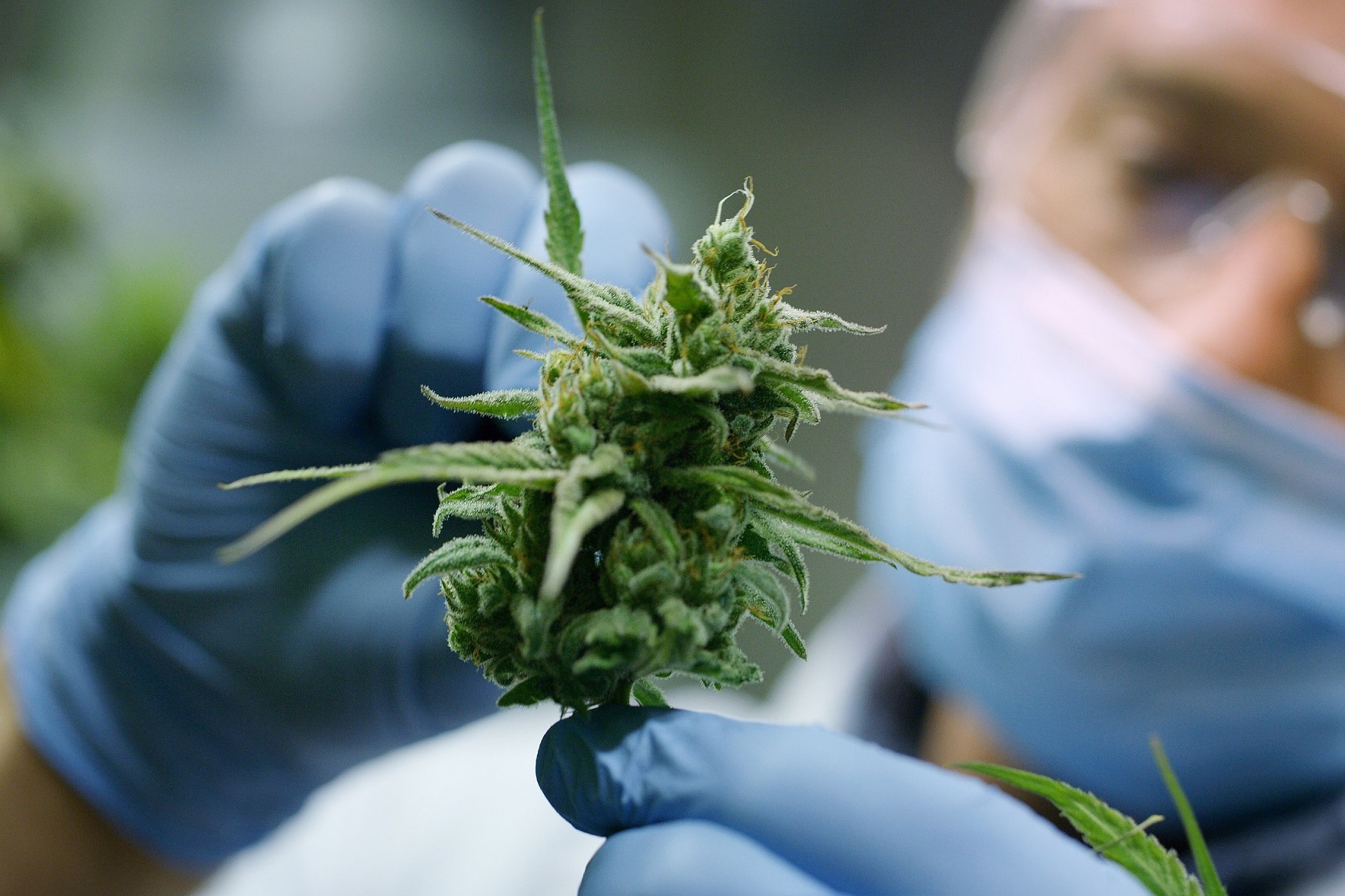Why does stress have such a devastating effect on the human body?
Stress is our body’s natural response to imminent danger. But while for centuries people only got stressed when their lives were at stake, today we are stressed almost constantly. Work deadlines, school exams, economic or social pressures, inability to maintain a fast pace of life… The lives of many people today are reminiscent of one long stressful situation. And it’s reflected in their bodies – it’s no coincidence that doctors estimate that stress can be as high as 60 percent of all illnesses. How can CBD help you fight the negative effects of stress?

A few centuries ago, it was quite clear – as soon as you were attacked by a hungry bear, a family member died, or your house burned down, a stressful reaction started in your body, which had only one task: to help your body cope with a situation that threatened your life. Whether it was a physical threat or a mental trauma, the brain gave a signal and a number of defensive reactions triggered in your body. The aim was to maintain homeostasis (or a stable internal environment of the organism) and prevent damage to the organism or its death.
Run or fight!
And it is these reactions that are collectively called stress. The defense mechanisms that activate the brain at times of danger, which allow the body to survive a dangerous situation, include both physical and mental reactions. The mental response may include anxiety or depression. In terms of physical reactions, the brain that evaluates the load controls both our behavior, which aims to overcome that load. In addition, it also evokes physiological reactions in the body, which allow us to activate reserves for a short time so that we can run away from or fight against danger.
In a stressful situation, nervous and hormonal management changes. Increased nerve activity and stress hormones then affect the activity of other organs in the body. More nutrients and energy travel to the muscles and other organs preparing to fight or escape. This increases their blood circulation, while at the same time draining blood from other, at the moment less important organs (for example the digestive system), whose activity is on the contrary suppressed. In order for the body to ensure this transport of important nutrients, increase heart rate and increase blood pressure, the body also releases its energy reserves.

The stress will go away. Or not?
This whole defensive reaction is very energy-intensive and is exhausting the body considerably. Therefore, it must be only short-lived and ideally should be followed by a regeneration phase, during which the body replenishes its energy reserves. And this is where we, the 21st century people, have a problem. Our bodies are much more stressed than the bodies of our ancestors. And many people then experience long-term stress. When you consider the above-mentioned information about what the body experiences during stress, it is clear that no organism can tolerate more stress in the long run.
The logical outcome of a situation where the body is stressed for a long time or too often are disorders of those parts of the body that are insufficiently supplied during the stress response (digestive or immune system). In addition, if the body has to produce many times more energy for a long time, it is not only more exhausted, but also flooded with more waste products that are generated during energy production. And because the kidneys are another organ that works only to a limited extent under stress, these waste products accumulate in the body.
Go on the counterattack
We could go on with a list of negative effects of stress for a long time. Bottom line – depending on the level of stress your body faces, you can count on a range of problems from poor digestion to impaired immunity, insomnia, headaches, eczema, anxiety, chronic fatigue, high blood pressure to heart attack, cancer or even metabolic collapse, which can cause serious damage to important organs. And stress is tricky for another reason – doctors will probably just shake their heads at the beginning of your problems. You will not fall into the box of any particular disease, and if you do not come across an enlightened doctor who is used to thinking in a holistic way, you can spend a large part of your life visiting doctors to no avail.
Fortunately, you can also avoid it. Just as you go to the dentist regularly and for preventive check-ups, it is also good to think about the level of stressful situations you face. And learn to work with it. If you do work that really “stresses” you a lot, change it. Before you end up being over a barrel. If you are currently in a life phase where you have several problems at once, focus on mental hygiene. Change your lifestyle, start playing sports, eat healthily and learn how to relax. And don’t underestimate the power of supplements that can help your body regain its lost balance.

CBD in the viewfinder
One of the substances that scientists view with the greatest hope is the CBD. Research shows that this cannabinoid can effectively reduce the effects of stress on the human body. It reduces anxiety and relaxes and harmonizes the body and mind, thus helping to alleviate or improve a number of difficulties. It also has beneficial effects in combating insomnia, anxiety, digestive disorders or depression. Researchers have shown that cannabis can effectively relieve joint or muscle pain, and thus helps patients with rheumatoid arthritis or multiple sclerosis, for example.
Thanks to its ability to relieve the accumulated effects of chronic stress, CBD can also help treat a number of serious diseases – CBD does not cure diseases itself, but its use can help alleviate the side effects of treatment or related anxiety, depression or insomnia. And as research continues, CBD has promising results on a number of difficulties. If you can’t completely eliminate stress from your life, at least try to help your body cope better with its consequences.
More articles

CBD saved Charlotte Figi's life
She had her first seizure when she was only three months old. At the age of five, she was wheelchair dependent, had up to 300 seizures a week, and could talk with difficulty. The American girl Charlot...

Premium quality CBD oil is more expensive. Why?
Products made of really high quality CBD oil are not a cheap affair. The reason is simple - complicated production, in which only a small amount of the final extract is obtained from a relatively larg...